Historical events on July 4
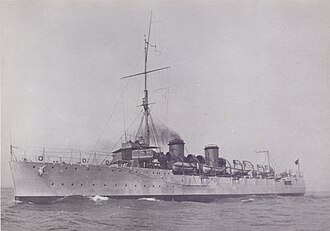
JULY 4, 1945
The Brazilian cruiser Bahia (pictured) was accidentally sunk by one of its own crewmen, killing more than 300 people.
Bahia was the lead ship of a two-vessel class of cruisers built for Brazil by the British company Armstrong Whitworth. Crewmen mutinied
Read More
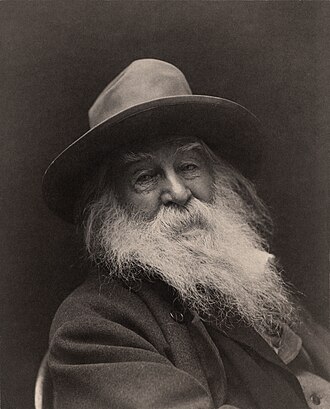
JULY 4, 1855
The first edition of Walt Whitman's Leaves of Grass was published, and it went on to become one of the most important collections of American poetry.
Walter Whitman Jr. was an American poet, essayist, and journalist; he also wrote two novels. He is considered one of the most
Read More
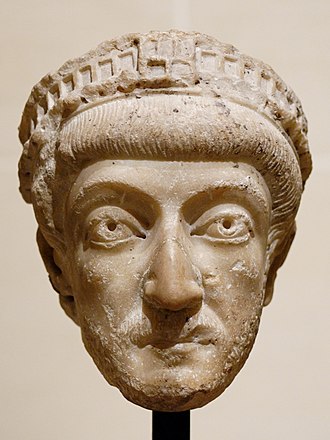
JULY 4, 414
Byzantine emperor Theodosius II proclaimed his elder sister Aelia Pulcheria as Augusta.
Theodosius II, called "the Calligrapher", was Roman emperor from 402 to 450. He was proclaimed Augustus as an infant and ruled as
Read More
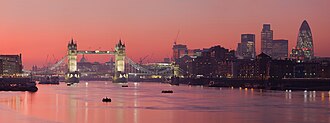
JULY 4, 1862
In a boat on the River Thames from Oxford to Godstow, author Lewis Carroll told Alice Liddell (pictured) and her sisters a story that later formed the basis for his book Alice's Adventures in Wonderland.
The River Thames, known alternatively in parts as the River Isis, is a river that flows through southern England including London. At
Read More
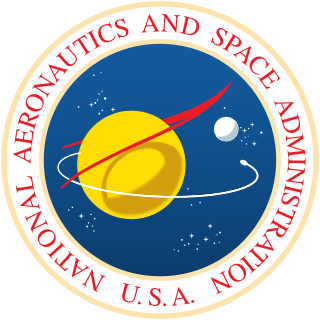
JULY 4, 2005
The impactor of the NASA space probe Deep Impact collided with the comet Tempel 1, excavating interior material to study its composition.
The National Aeronautics and Space Administration is an independent agency of the US federal government responsible for the United States's civil space
Read More
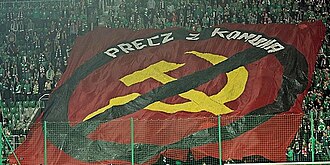
JULY 4, 1950
The United States' anti-communist propaganda source Radio Free Europe made its first broadcast aimed at Czechoslovakia.
Anti-communism is political and ideological opposition to communist beliefs, groups, and individuals. Organized anti-communism developed after the 1917 October Revolution in Russia,
Read More
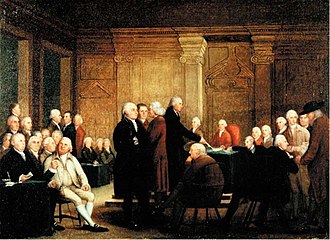
JULY 4, 1776
In Philadelphia, the Continental Congress adopted the Declaration of Independence, announcing that the thirteen American colonies were no longer a part of the British Empire.
The Second Continental Congress (1775–1781) was the meetings of delegates from the Thirteen Colonies that united in support of the American Revolution
Read More
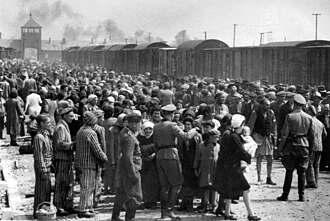
JULY 4, 1941
The Holocaust: During the German occupation of Latvia, a number of synagogues in Riga were set on fire, killing many Jews who were confined within.
The Holocaust, known in Hebrew as the Shoah (שואה), was the genocide of European Jews during World War II. From 1941 to 1945,
Read More
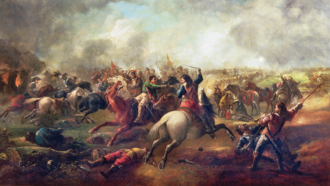
JULY 4, 1643
First English Civil War: Royalist forces defeated the Parliamentarians at the Battle of Burton Bridge, securing a crossing of the River Trent for a convoy of supplies travelling with Queen Henrietta Maria.
The First English Civil War took place in England and Wales from 1642 to 1646, and forms part of the 1639 to
Read More
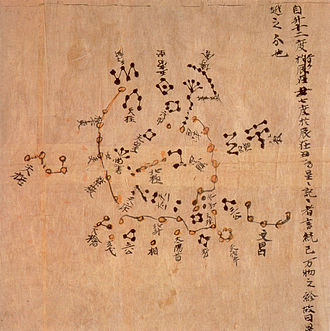
JULY 4, 1054
Chinese astronomers recorded the sudden appearance of a "guest star", later identified as the supernova that created the Crab Nebula (pictured).
Astronomy in China has a long history stretching from the Shang dynasty, being refined over a period of more than 3,000 years.
Read More
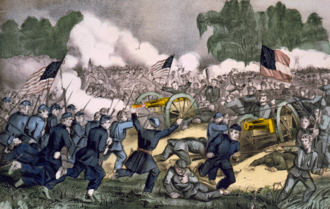
JULY 4, 1863
American Civil War: Confederate forces failed in an attempt to recapture the Union-occupied Helena, Arkansas.
The American Civil War was a civil war in the United States between the Union and the Confederacy, which was formed in
Read More

JULY 4, 1988
Kylie Minogue's first album, Kylie, was released, and went on to top the charts in the UK and New Zealand.
Kylie Ann Minogue is an Australian singer, songwriter, and actress. Frequently referred to as the "Princess of Pop", she has achieved recognition
Read More
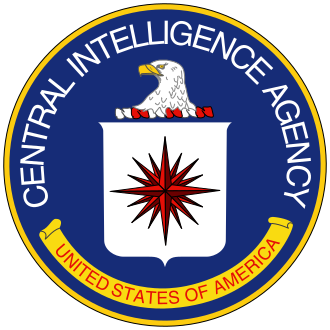
JULY 4, 1954
CIA officers arrived in Guatemala City to begin Operation PBHistory in an attempt to justify the overthrowing of Guatemalan president Jacobo Árbenz one week earlier.
The Central Intelligence Agency is a civilian foreign intelligence service of the federal government of the United States tasked with advancing national
Read More
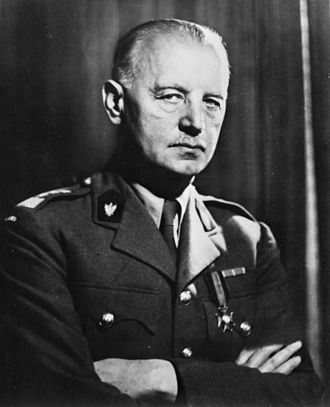
JULY 4, 1943
The aircraft carrying Władysław Sikorski, prime minister of the Polish government-in-exile, crashed off Gibraltar, killing him and fifteen others and leading to several conspiracy theories.
Władysław Eugeniusz Sikorski was a Polish military and political leader.
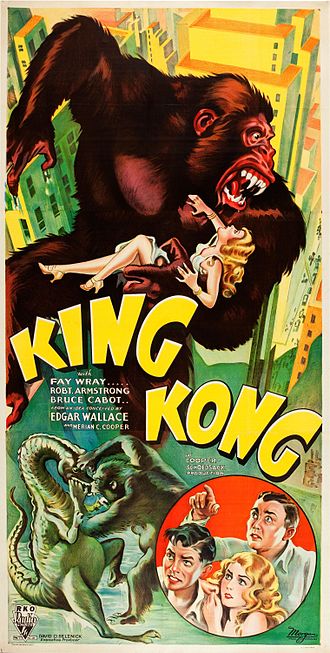
JULY 4, 1998
The monster film Pulgasari, the most-widely-seen North Korean film ever made, premiered in Tokyo, Japan.
A monster movie, monster film, creature feature or giant monster film is a film that focuses on one or more characters struggling
Read More
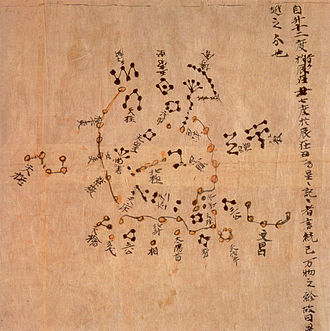
JULY 4, 1054
Chinese astronomers recorded the sudden appearance of a "guest star", later identified as the supernova that created the Crab Nebula.
Astronomy in China has a long history stretching from the Shang dynasty, being refined over a period of more than 3,000 years.
Read More
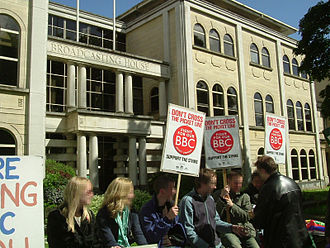
JULY 4, 1965
The first Annual Reminder, a series of pickets that were some of the earliest LGBT actions in the United States, took place at Independence Hall in Philadelphia.
The Annual Reminders were a series of early pickets organized by gay organizations, held yearly from 1965 through 1969. The Reminder took
Read More
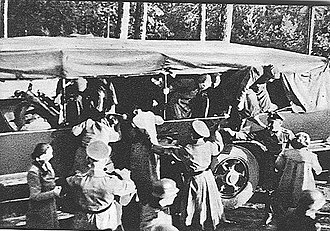
JULY 4, 1941
German AB-Aktion in Poland: After capturing Lwów, the Nazis executed professors of the University of Lwów along with their families.
The AB-Aktion was the second stage of the Nazi German campaign of violence in Poland early in World War II, taking place
Read More
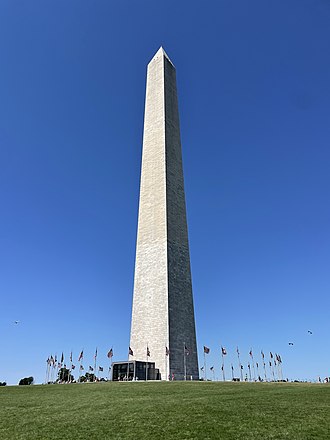
JULY 4, 1848
The cornerstone of the Washington Monument, made to honor inaugural president, George Washington, is laid out in Washington D.C..
The Washington Monument is an obelisk on the National Mall in Washington, D.C., built to commemorate George Washington, a Founding Father of
Read More
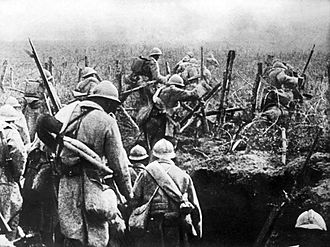
JULY 4, 1918
World War I: Allied forces led by the Australian general John Monash won the Battle of Hamel, demonstrating the effectiveness of combined-arms techniques in trench warfare.
World War I or the First World War, also known as the Great War, was a global conflict between two coalitions: the
Read More
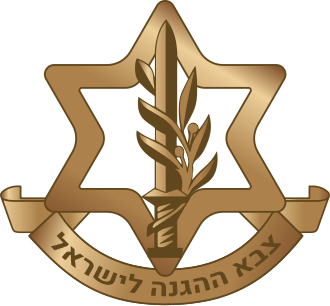
JULY 4, 1976
Israeli forces raided Uganda's Entebbe International Airport to free hostages taken by hijackers on Air France Flight 139.
The Israel Defense Forces, alternatively referred to by the Hebrew-language acronym Tzahal (צה״ל), is the national military of the State of Israel.
Read More
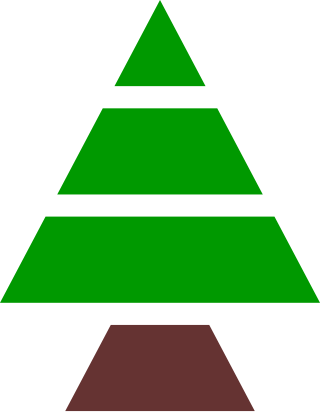
JULY 4, 1982
Four Iranian diplomats were kidnapped after they were stopped at a checkpoint in northern Lebanon by Lebanese Phalange forces; their fates remain unknown.
Three Iranian diplomats as well as a reporter for Islamic Republic News Agency (IRNA) were abducted in Lebanon on 4 July 1982.
Read More
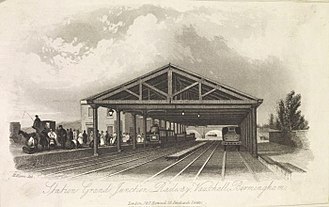
JULY 4, 1837
The Grand Junction Railway, the world's first long-distance railway with steam traction, opened between Birmingham and Newton Junction.
The Grand Junction Railway (GJR) was an early railway company in the United Kingdom, which existed between 1833 and 1846. The line
Read More
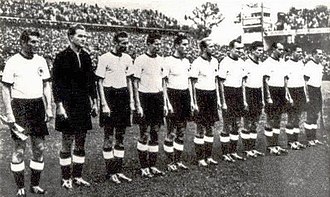
JULY 4, 1954
In what is known as "The Miracle of Bern", West Germany defeated Hungary 3–2 to win the FIFA World Cup.
The 1954 FIFA World Cup final was the final match of the 1954 FIFA World Cup, the fifth World Cup in FIFA
Read More
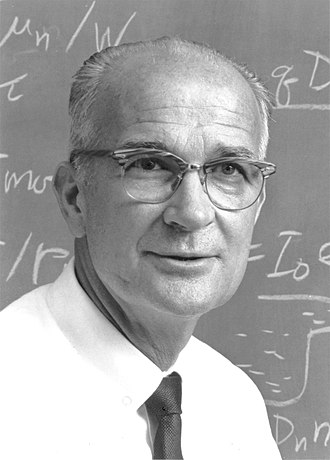
JULY 4, 1951
William Shockley announced the invention of the junction transistor, for which he, John Bardeen, and Walter Houser Brattain later won the Nobel Prize in Physics.
William Bradford Shockley was an American physicist, electrical engineer, and inventor. He was the manager of a research group at Bell Labs
Read More

